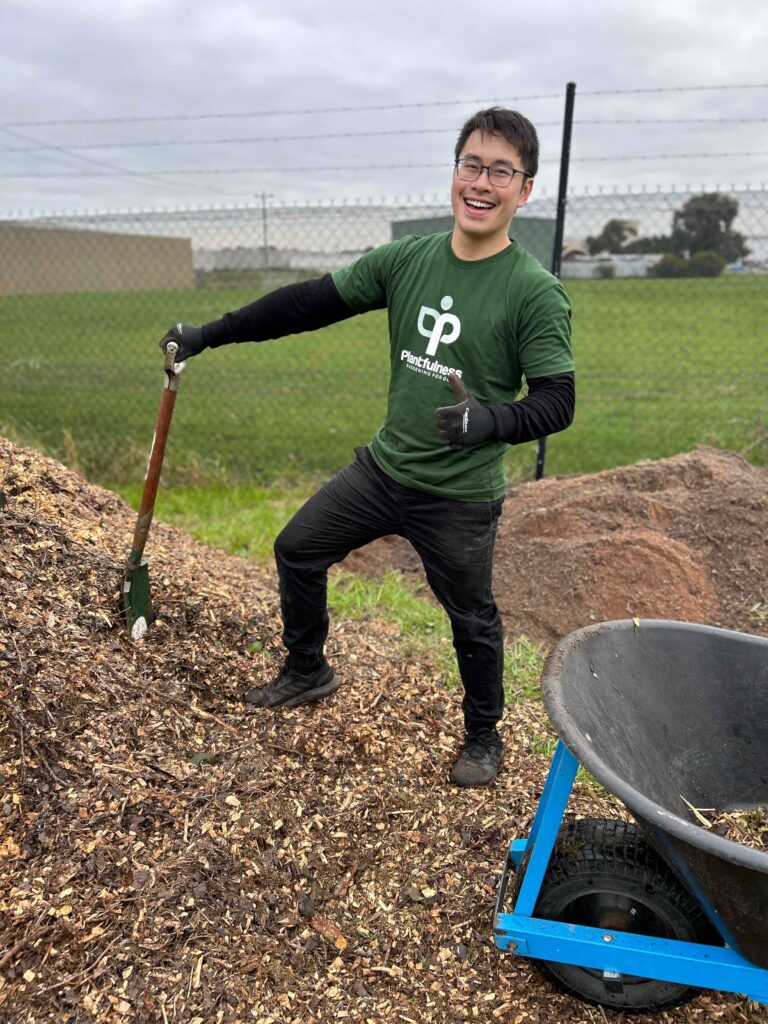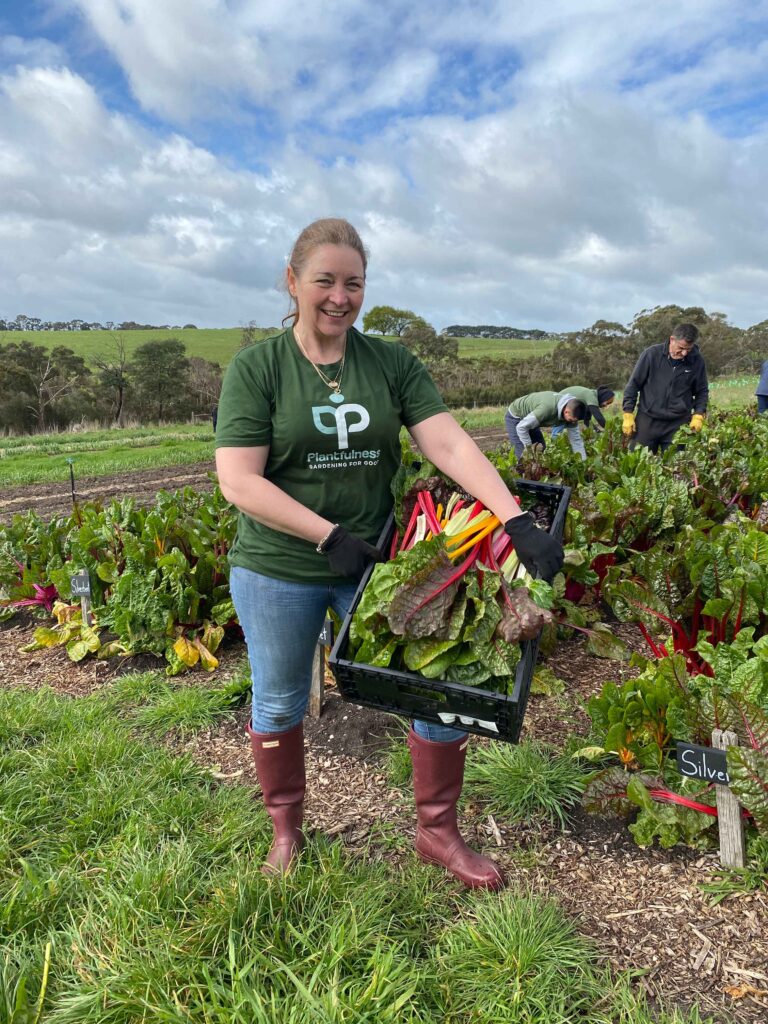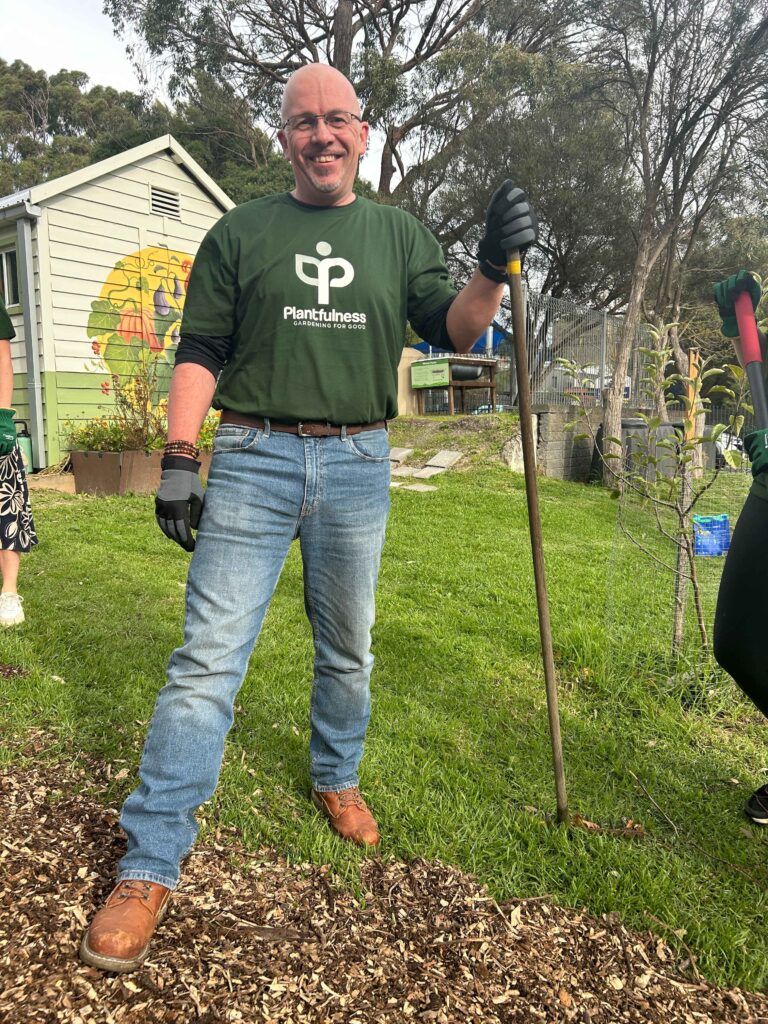
As Winter Sets In, Put Your Own Mental Health Plan in place
In the hustle and bustle of modern life, finding moments of peace and tranquility can seem like a daunting task. Yet, a simple and effective remedy may be right in your backyard—or even on your balcony. Gardening, a time-honored activity, is not just about growing plants; it’s also a powerful tool for nurturing your mental health. Let’s explore how you can incorporate gardening into your mental health care regimen.

The Healing Power of Gardening
Gardening offers a unique blend of physical activity, mindfulness, and a connection to nature—all of which contribute to improved mental well-being. Here’s how:
- Stress Reduction: Digging, planting, and weeding can help lower cortisol levels, the stress hormone. The repetitive nature of gardening tasks promotes a meditative state, allowing you to disconnect from daily stresses.
- Boosting Mood: Exposure to sunlight increases serotonin levels, which can elevate your mood. Additionally, the satisfaction of watching your plants grow and thrive can lead to a sense of accomplishment and happiness.
- Enhancing Mindfulness: Gardening requires attention to detail, which encourages mindfulness. Focusing on the task at hand, whether it’s pruning roses or watering vegetables, helps quiet the mind and brings you into the present moment.
- Physical Exercise: Gardening involves physical activity that can improve your overall fitness. Activities like digging, raking, and lifting can enhance your strength, stamina, and flexibility, which are all beneficial for your mental health.
- Connection to Nature: Being in nature, or even tending to indoor plants, has been shown to reduce feelings of anxiety and depression. Nature’s calming effect can improve your mood and mental clarity.

Starting Your Garden: Tips for Beginners
If you’re new to gardening, here are some tips to help you get started:
- Start Small: Begin with a few potted plants or a small garden bed. Herbs like basil, mint, and parsley are easy to grow and can be very rewarding.
- Choose the Right Plants: Select plants that are suited to your climate and gardening experience. Succulents and hardy perennials are great for beginners.
- Create a Routine: Dedicate a specific time each day or week for gardening. Consistency can help establish gardening as a relaxing ritual in your daily routine.
- Get the Right Tools: Invest in basic gardening tools such as a trowel, gloves, and pruners. Having the right equipment makes gardening more enjoyable and efficient.
- Learn and Experiment: Don’t be afraid to try new things. Gardening is a continual learning process. There are numerous resources available online and in local gardening clubs to help you along the way.

Integrating Gardening into Your Mental Health Regimen
Here are some practical ways to make gardening a part of your mental health care routine:
- Mindful Gardening: Approach gardening as a form of meditation. Focus on the sensory experiences—the feel of the soil, the sound of birds, the sight of blooming flowers. Allow yourself to fully engage with the task and enjoy the process.
- Gardening Journals: Keep a gardening journal where you record your planting activities, growth progress, and reflections. This can help you track your gardening journey and provide a space for mindful reflection.
- Gardening Groups: Join a community garden or gardening club. Social interactions and shared experiences can enhance your sense of community and support, which are vital for mental well-being.
- Therapeutic Gardens: If you have the space, create a sensory garden designed to stimulate all five senses. Include fragrant flowers, textured plants, colorful blooms, and elements like wind chimes or water features.
- Combining Therapy: If you are undergoing professional mental health care, discuss incorporating gardening into your therapy plan. Many therapists recognize the benefits of horticultural therapy and can provide guidance on integrating it into your treatment.
Gardening is more than a hobby; it’s a pathway to better mental health. By engaging with the natural world, you can cultivate not only plants but also a sense of calm, purpose, and joy. Whether you have a sprawling yard or a cozy balcony, the therapeutic benefits of gardening are within your reach. Start small, stay curious, and watch as both your garden and your well-being flourish.

